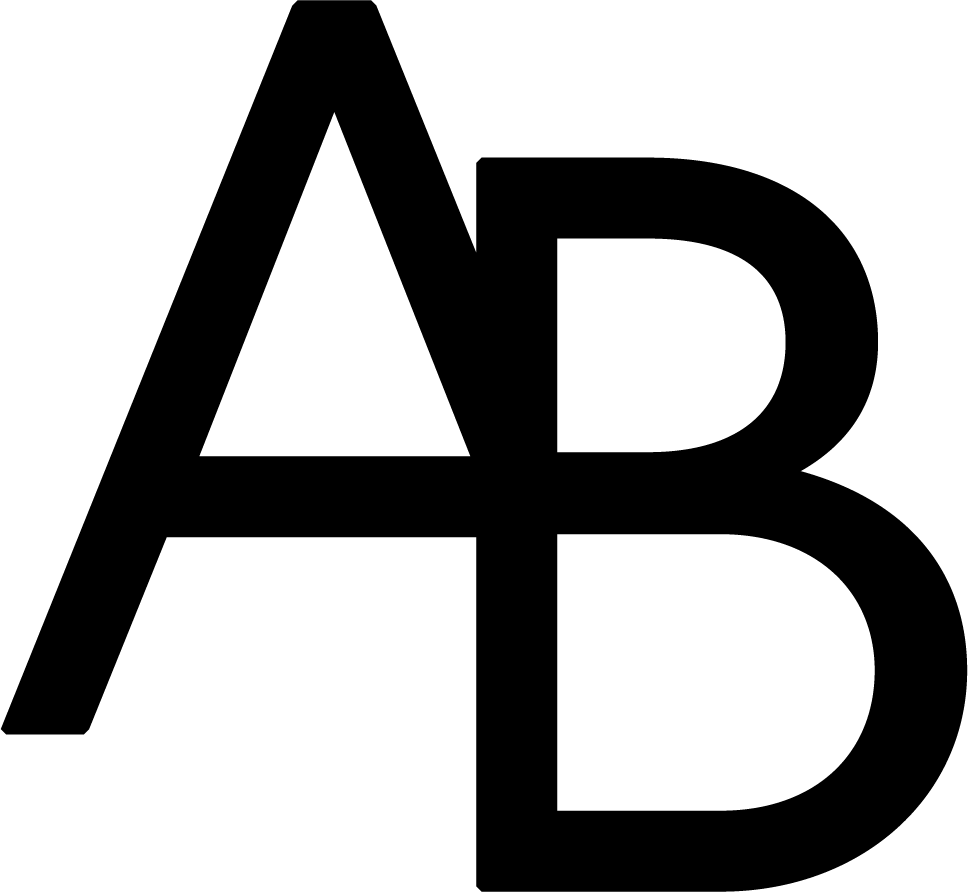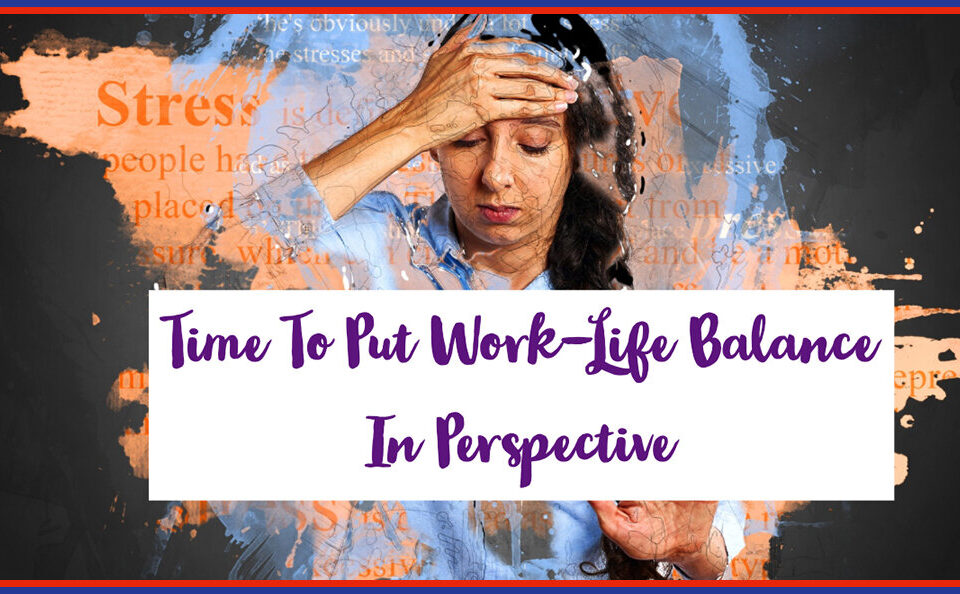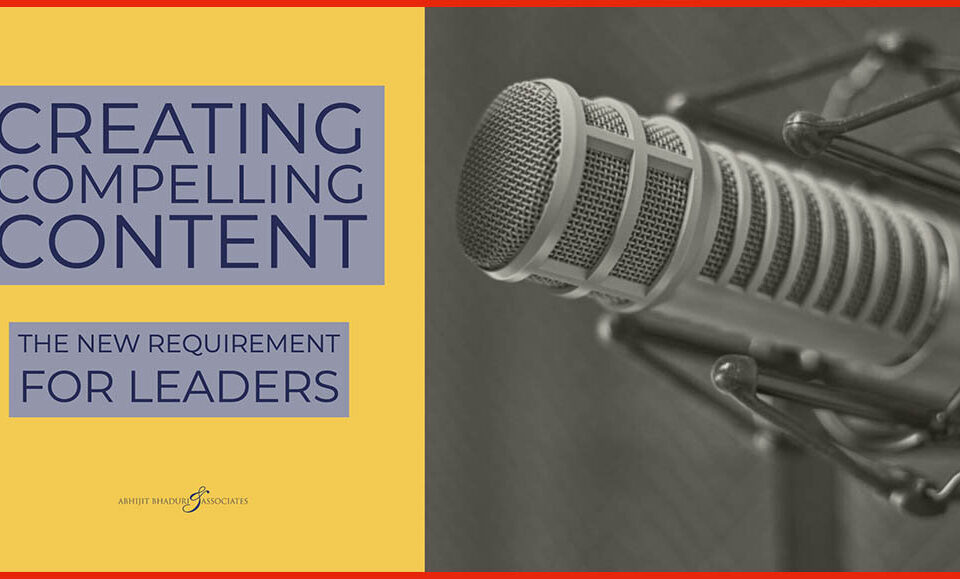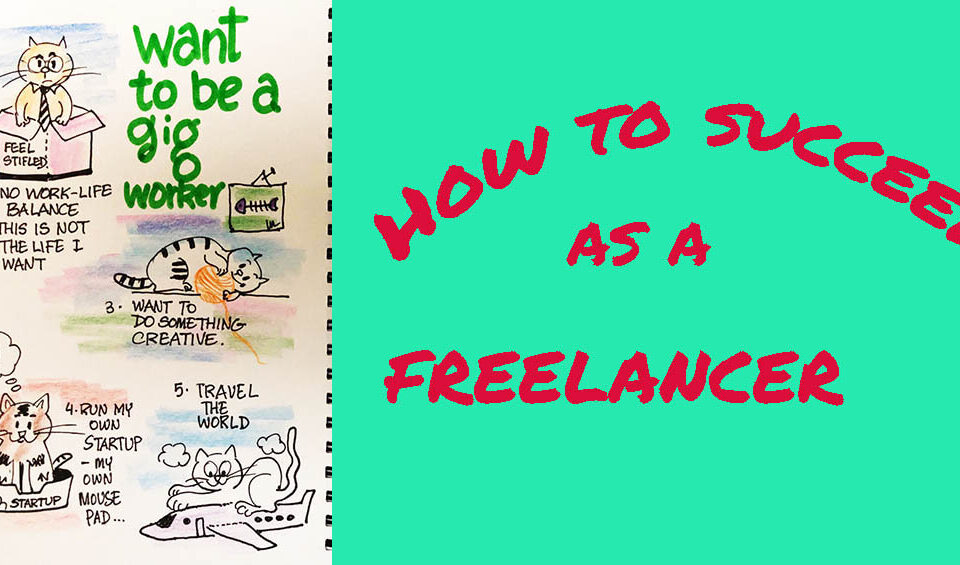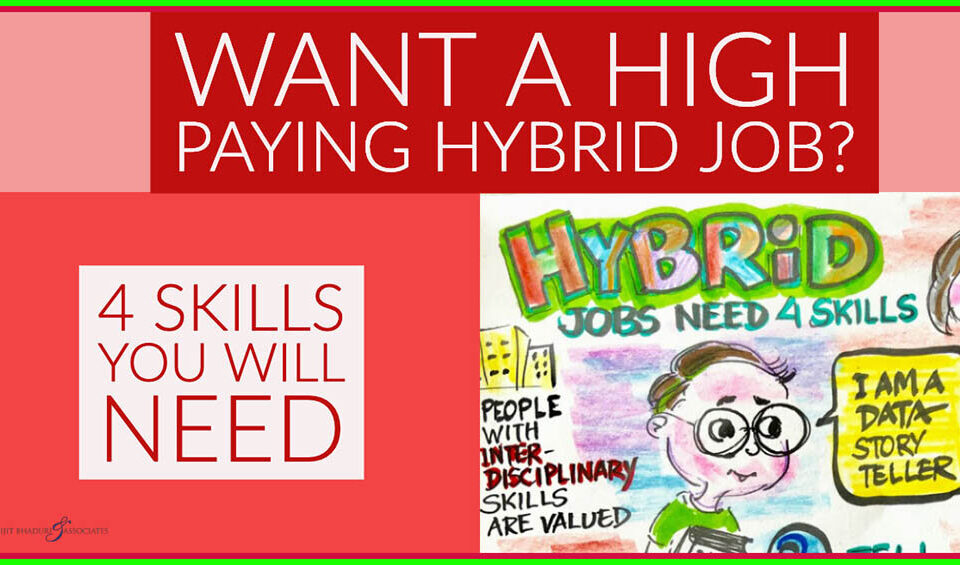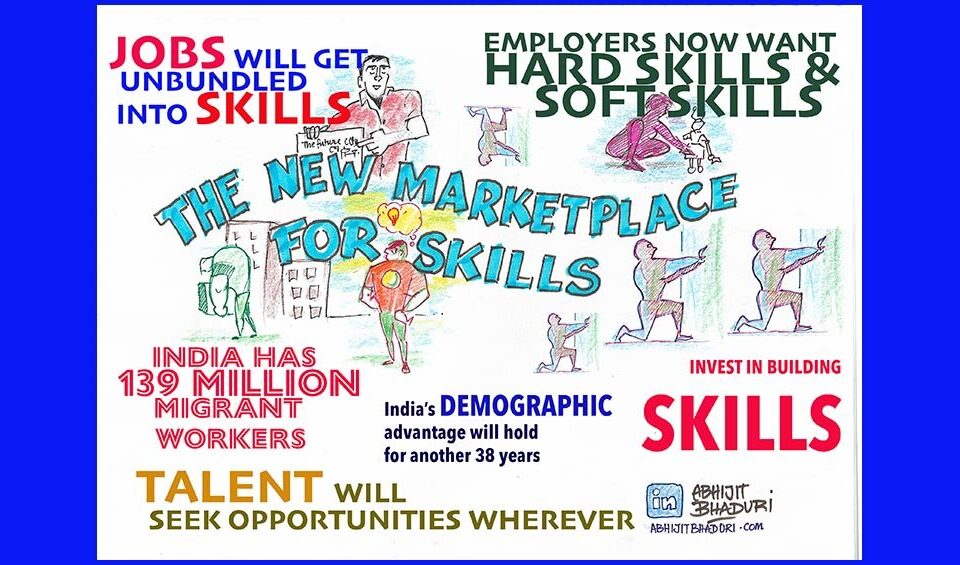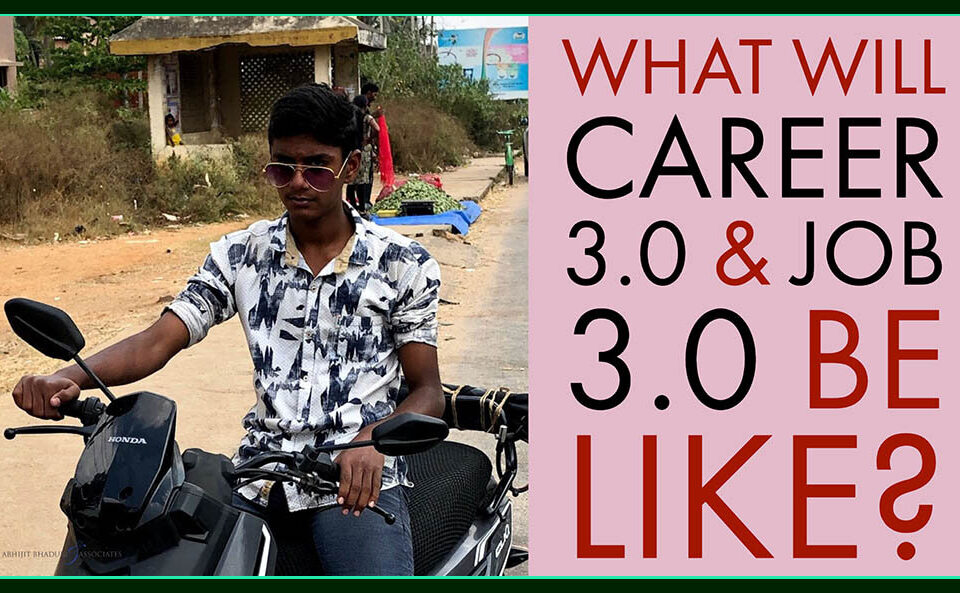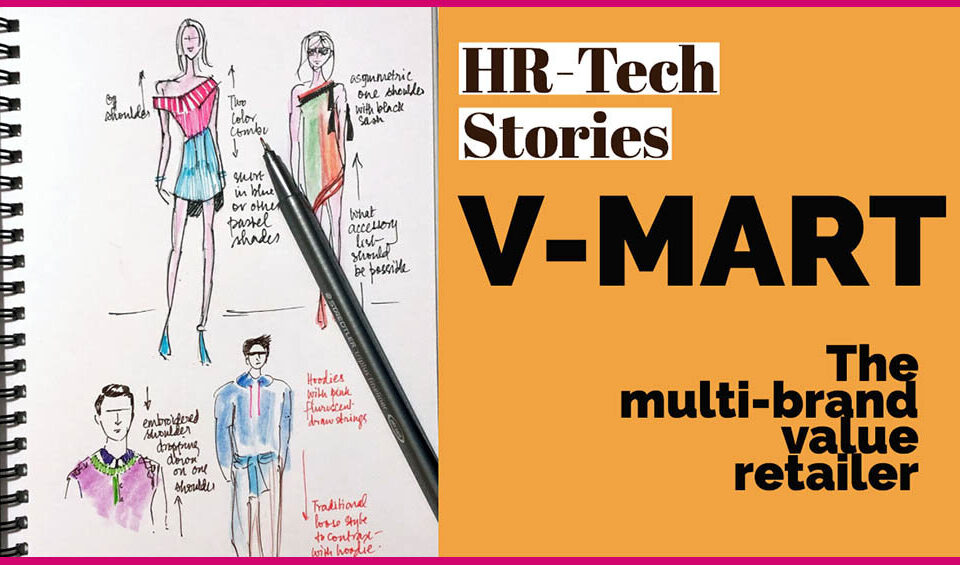A time strapped brain on a treadmill may improve the hours logged but does not generate better ideas. Innovation needs time for us to join the dots that were previously not connected. As the Monster tagline suggests, “Find Better Faster”. Are the employers listening?
Video and voice are engaging the new learner. Businesses have to create content that is interesting. If it is not interesting, the content is not consumed. There is a 270% growth in voice queries (YoY) in India. Nine out of every 10 new internet users in the country will likely be an Indian language speaker. These trends have three sharp implications for organizations...
Freelancers are growing in many white collar jobs and especially in places like India. When the individual negotiates the payment directly based on their expertise, they make more money. The platform like UpWork and LinkedIn become merely meeting places. Digital Nomads and fly-in experts use the platforms to get discovered. By showcasing their expertise and their reputation across the network they get discovered by the buyers with deep pockets. The more in-demand their expertise is, the higher the premium the buyer will pay.
It is time to rewrite the story of Eklavya and Dronacharya. Eklavya was a mythological character in the Mahabharata. He was a commoner who was denied the opportunity to learn archery from Dronacharya — the royal teacher. The unfazed Eklavya went back to the forest and built a statue of the guru and began practising archery. The self-taught archer became as skilled as the princes who were being taught by the master. This is where the story needs to be updated.
Advertising agencies are judged on two parameters. The clients evaluate them on the impact they had on the additional sales and trust in the brand. The peers compete on the number of awards won. The industry judges the agency on the thought leadership and breakthrough thinking. The senior leaders are judged on the number of awards the team members have won under their leadership. If work is going to be all about creative output, maybe it is time for performance management to be designed along with people who have figured out how to evaluate and nurture creativity – the mad men.
The future belongs to experts. Build deep expertise in your field whether you are a data scientist, security analyst, product manager, marketing manager or UI designer. Bring skills from other disciplines like design, data analysis and business acumen to your field of expertise. Those are the jobs that are harder to automate. You can automate say the data crunching, but it is harder to automate the role of a Data Scientist who is a brilliant designer and storyteller. They are "hybrid jobs".
We can no longer tell a first-time workforce entrant to find a stable job. The job market is in a state of “perpetual beta”. There are sectors and organizations that are collapsing because of new business models. Jobs are getting unbundled and being looked at as a set of skills. Some of these skills will be automated. Some skills will be done by humans. Definitely, constant skill upgradation is the new norm.
Career 3.0 will be about bulk of the workforce becoming gig workers and operating outside the payroll of an employer. This workforce will come to the marketplace with multiple skills and offer it to multiple buyers and paid at different rates depending on the level of proficiency. This model will allow people to bring in all their skills, education and hobbies to the marketplace and monetize it.
Technology is a tool to solve the business vision. Start by asking why you are doing this. If the discussion is about features and costs, then the project is about cost saving and not employee experience. Ask yourself what are you trying to achieve. Why are you doing this. Having that clarity within the sponsor team or CEO/CHRO is a good sign.
